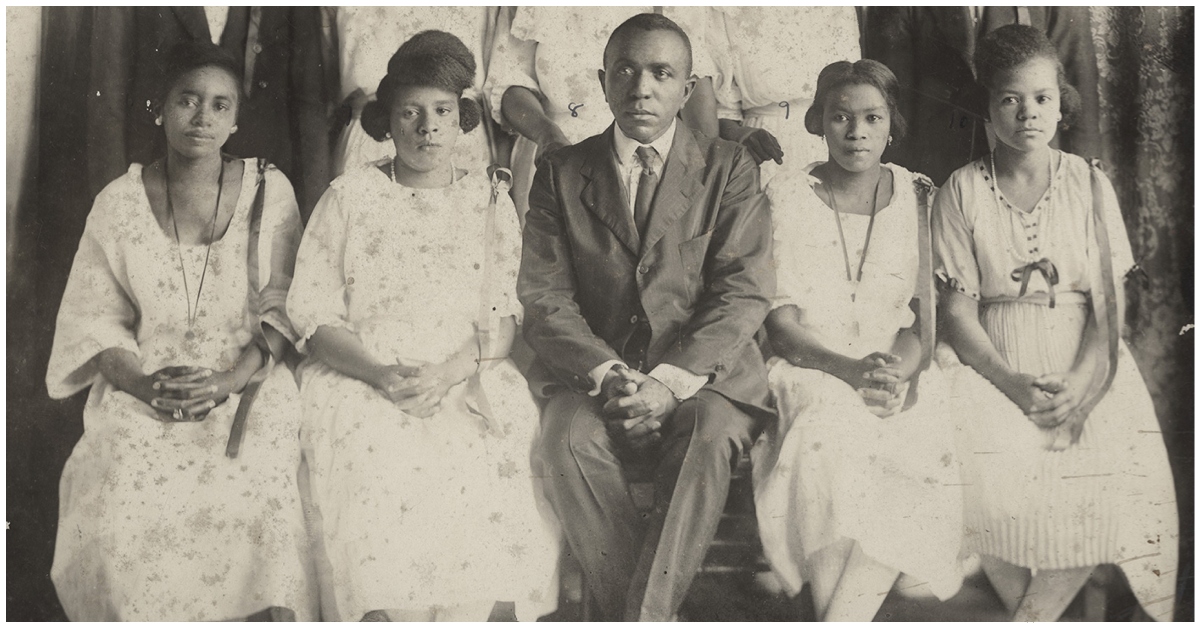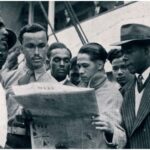Founded in 1910, Alabama’s Mobile County Training School holds an esteemed legacy as the state’s first public high school for African-American students. Its influential alumni seeded several other pioneering Black schools locally.
Early Roots in AfricaTown Baptist Church
In 1880, descendants of the slave ship Clotilda established a school at the Union Baptist Church to educate their youth. This fledgling effort later evolved into the Mobile County Training School in 1910, certified as Alabama’s inaugural Black public high school.
Principal Isaiah J. Whitley led the school’s transformation on land donated by Clotilda descendants. He nurtured a progressive, broad-minded ethos that empowered students.
Gaining Accreditation and Expanding Impact
In 1928, Mobile County Training School gained state accreditation – a milestone for Black education. By 1936, it attained prestigious Southern Association accreditation as well.
However, overcrowding soon necessitated additional Black high schools. Under legendary Principal Benjamin Baker, Mobile County Training School alumni and teachers seeded new generations of leaders at institutions like Central and Blount.
Spawning a Legacy Across Black Schools
By 1958, Dr. Baker’s Central High alone had become Alabama’s sole high school teaching Russian. Central and Mobile County Training School jointly negotiated playing Alabama’s first interracial high school football games.
Other Mobile County Training School graduates like Coach L.V. Green and Dr. L. Keeby, both Clotilda descendants, brought excellence in athletics and academics to newly founded schools.
Preserving History for Future Generations
With such an influential educational legacy, Mobile County Training School’s history remains cherished today.
In 1963, it transitioned from a high school into a middle school. But its cradle role in seeding Black student excellence endures, intertwining with Africatown’s very origins from the Clotilda.
This heritage compels us to preserve schools like Mobile County Training School which uplifted Black youth despite immense societal barriers – a history still inspiring future generations.





